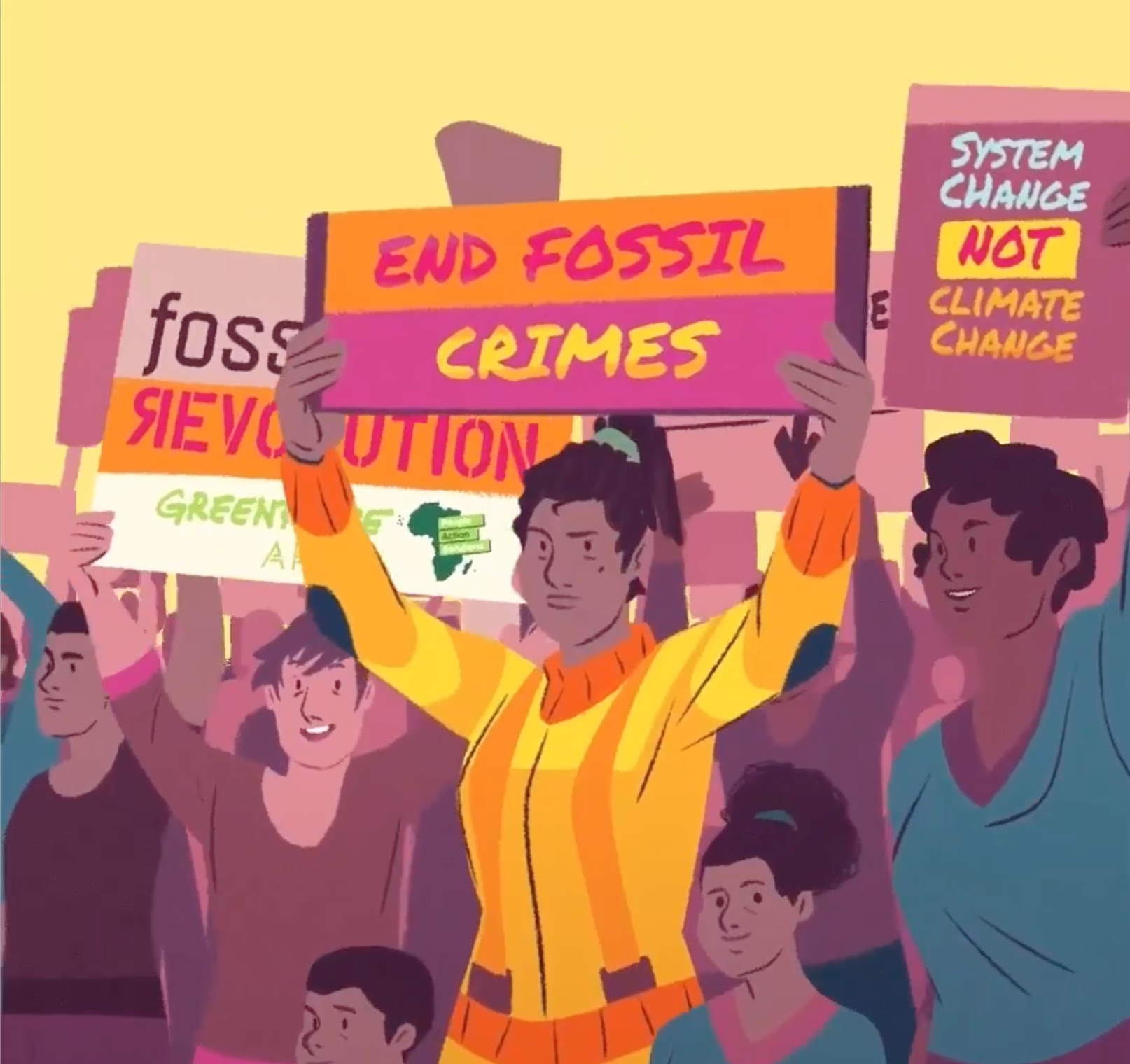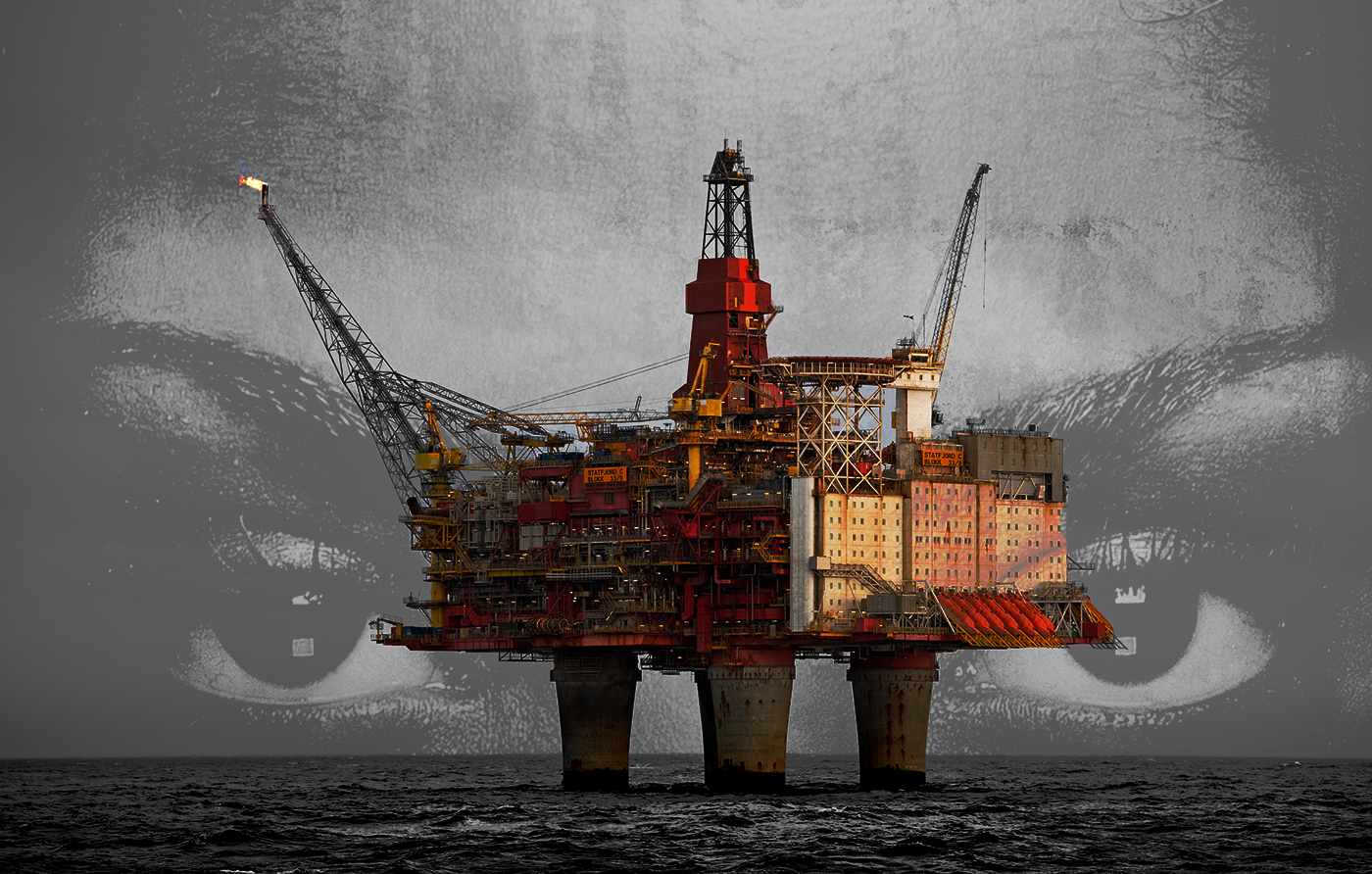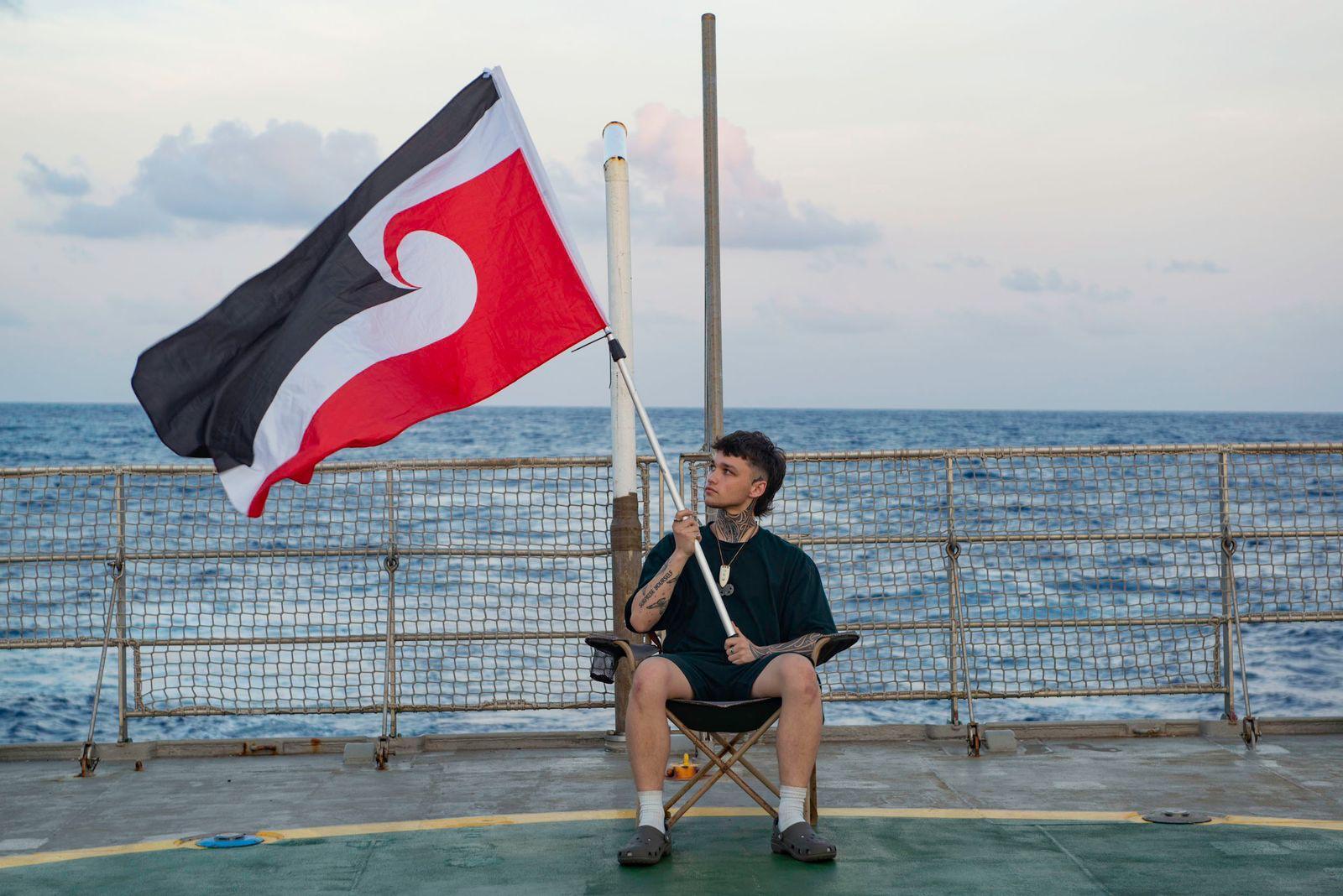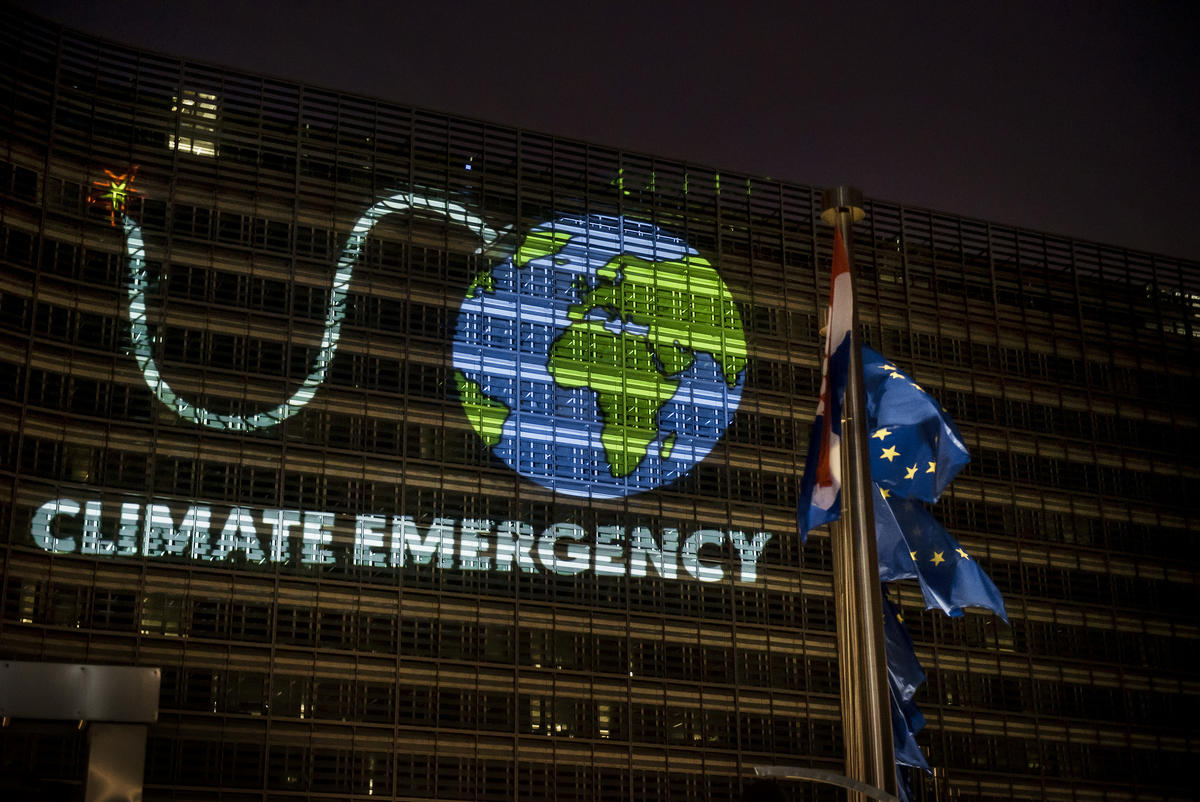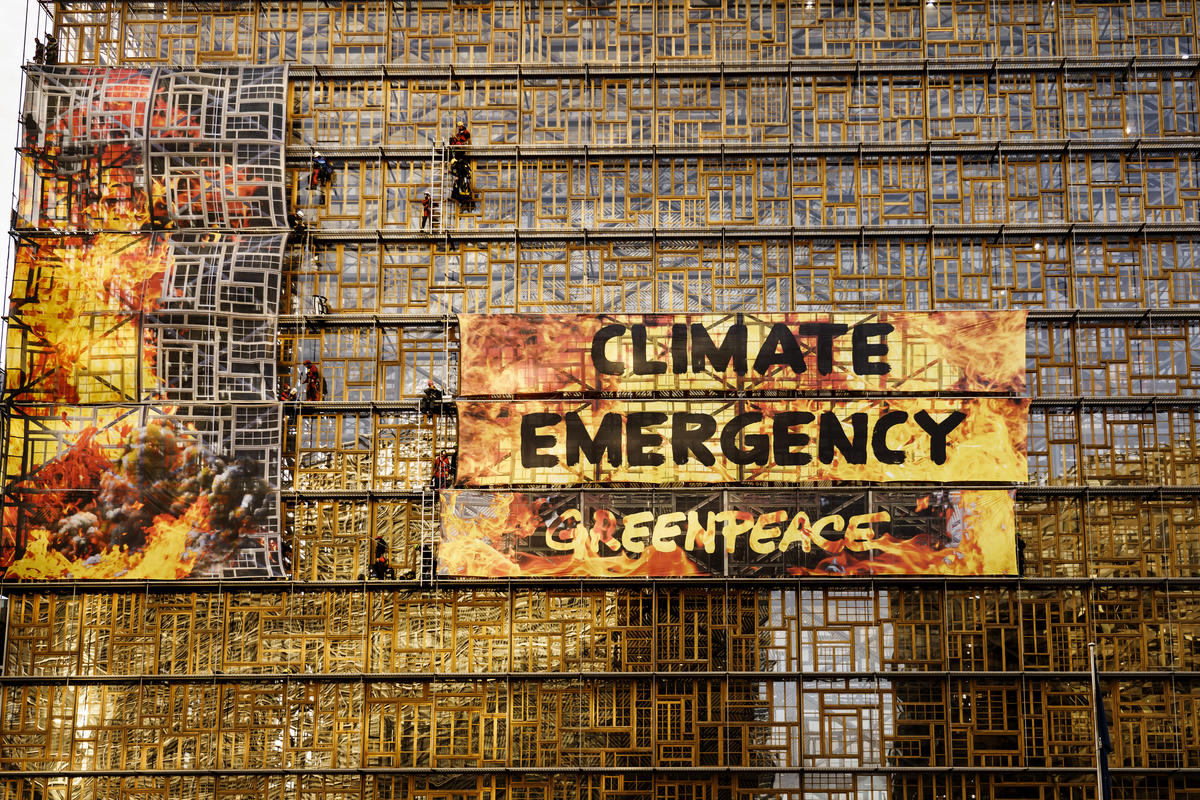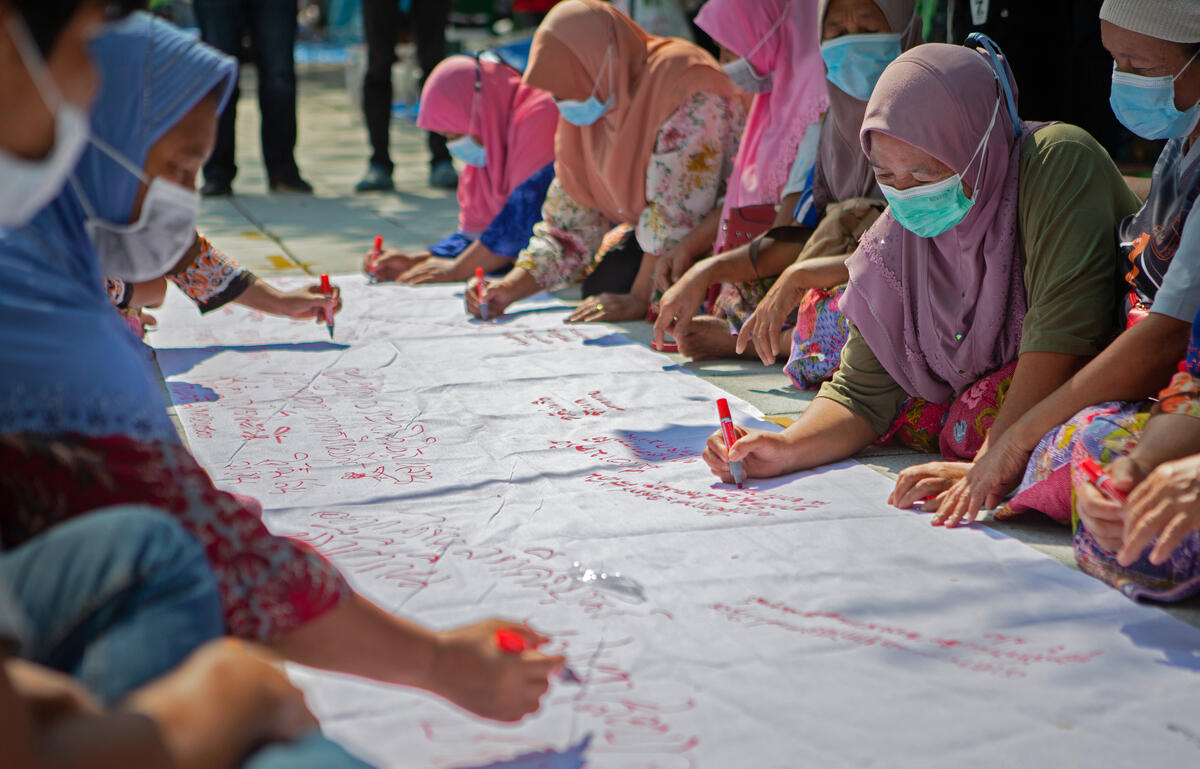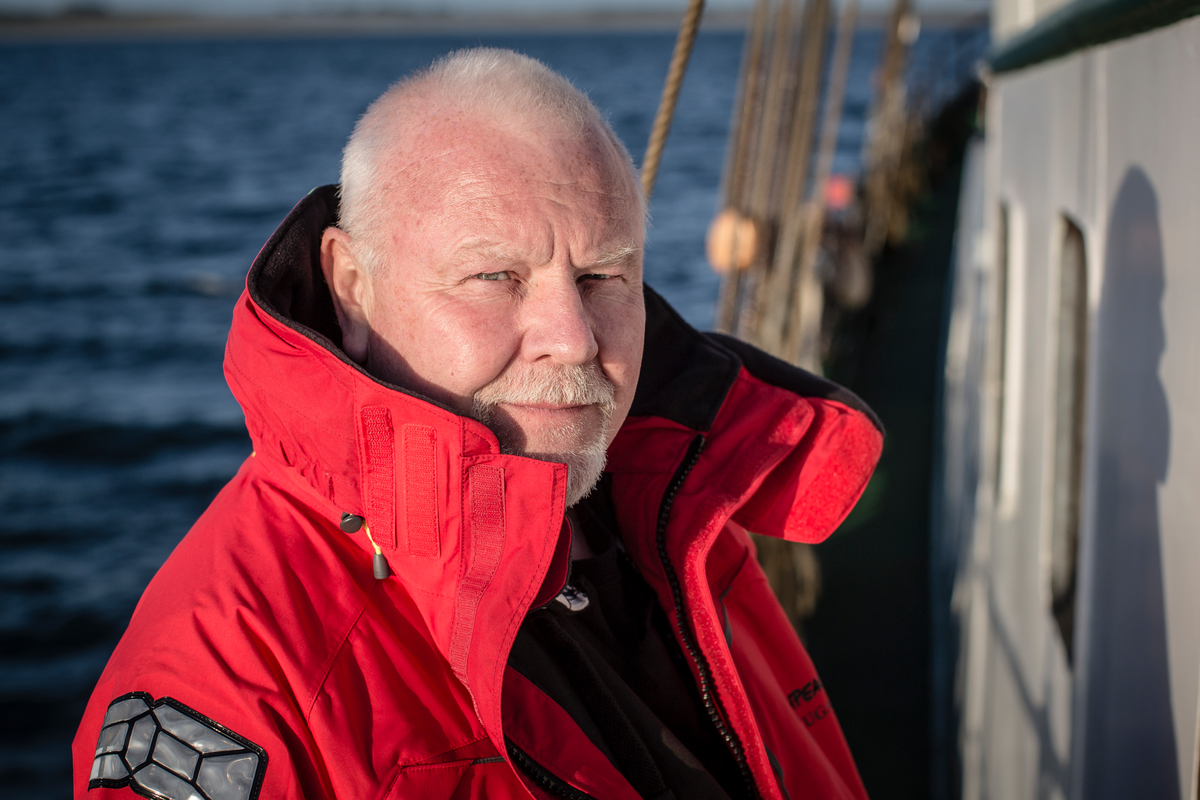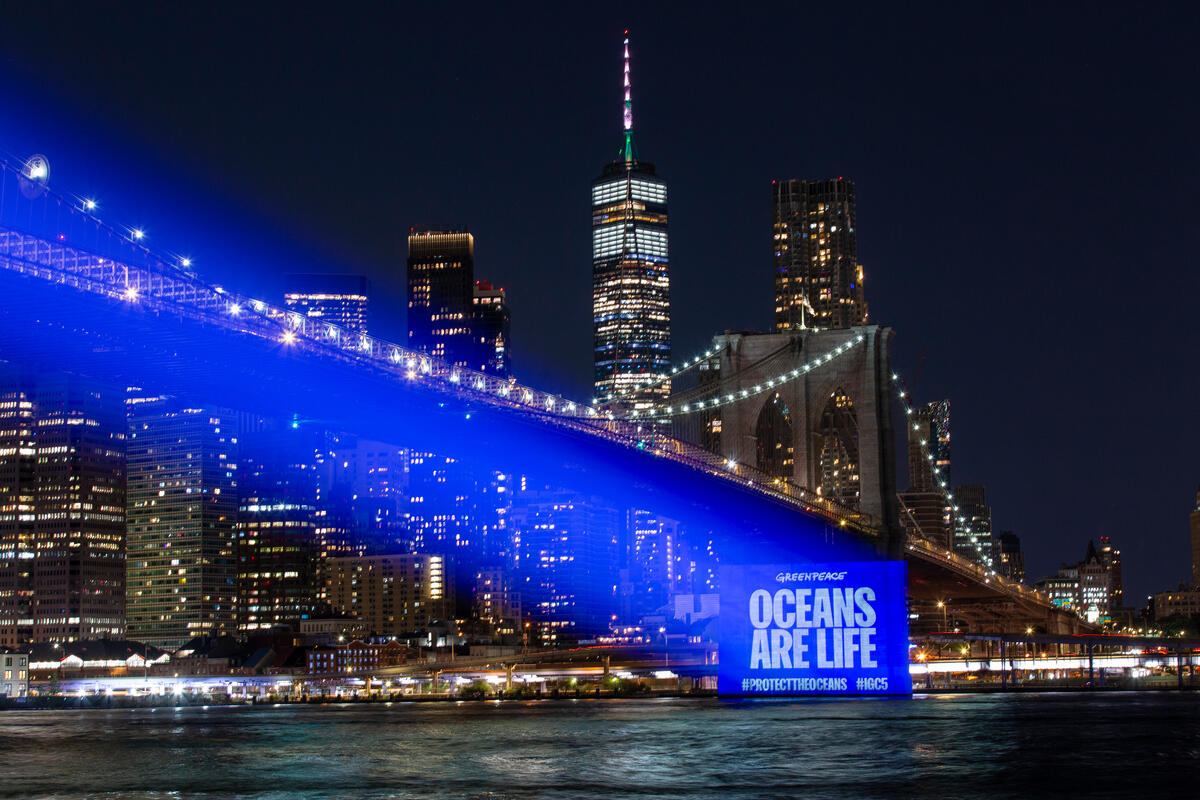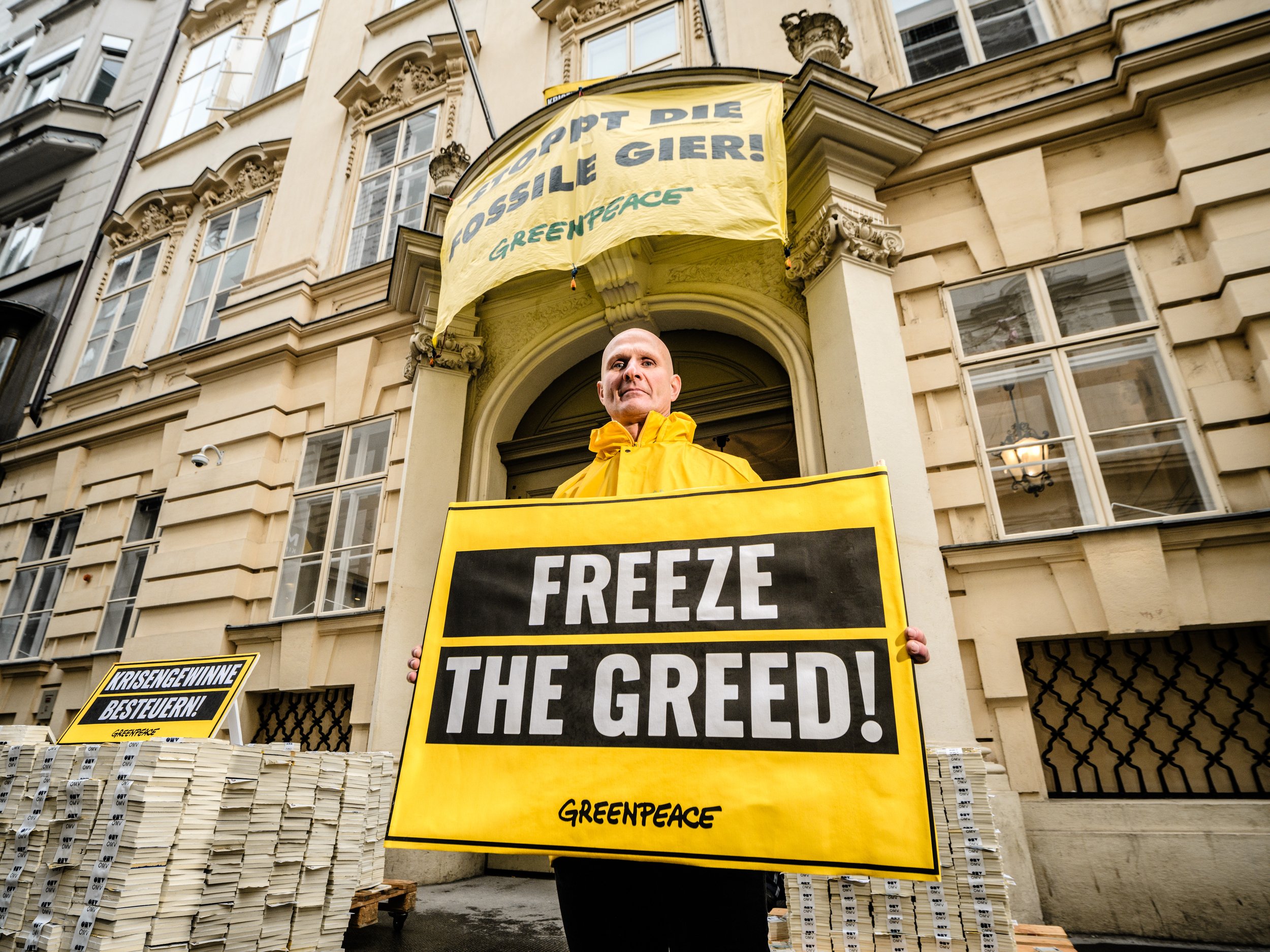-
Can gender equality end the climate crisis? Here’s 5 blogs
Looking for blogs that unpack the relationship between gender, human rights and climate breakdown? We’ve got you covered
-
The Fossil Fuel Crime File: breaking the law is in fossil fuel companies’ DNA
Fossil fuel companies have lied for decades about the climate crisis, and humanity is paying the price. But lies and deception are only part of the story. The fossil fuel industry has been deeply involved in countless historic and ongoing unlawful activities, from facing credible accusations to receiving actual criminal convictions. It’s a shocking reality…
-
‘We can’t be Māori without the ocean’ — Quack Pirihi, Pacific activist against deep sea mining
My name is Quack Pirihi. I am an Aotearoa (New Zealand) activist and campaigner who is part of the Pacific delegation attending the International Seabed Authority (ISA) conference.
-
10 things to know about the IPCC Climate Science Report
World’s leading climate scientists just released their first comprehensive assessment of the climate emergency since the Paris Agreement. Here's what you should know.
-
When climate scientists set the graphs on fire
The IPCC has developed a diagram that would illustrate, in one color-coded graph, their overall assessment on how global risks and impacts increase as temperature increases.
-
Greenpeace joins fishers demanding women’s rights and access to sea
Greenpeace international joins calls for small scale fishing communities to have preferential access to coastal areas, and that women workers’ active contribution to this process must be guaranteed
-
UN Ocean Treaty negotiations to resume as 30×30 hangs in the balance, Greenpeace opening statement
The final negotiations for a UN Ocean Treaty resume on 20 February. Without a strong Treaty, it is practically impossible to protect 30% of the world's oceans by 2030.
-
4 ways fossil fuel companies are worsening injustice during the energy crisis
Since the very beginning of their existence, fossil fuel companies have been destroying the lives and livelihoods of whole communities, polluting and lying just so they could keep making profits.

